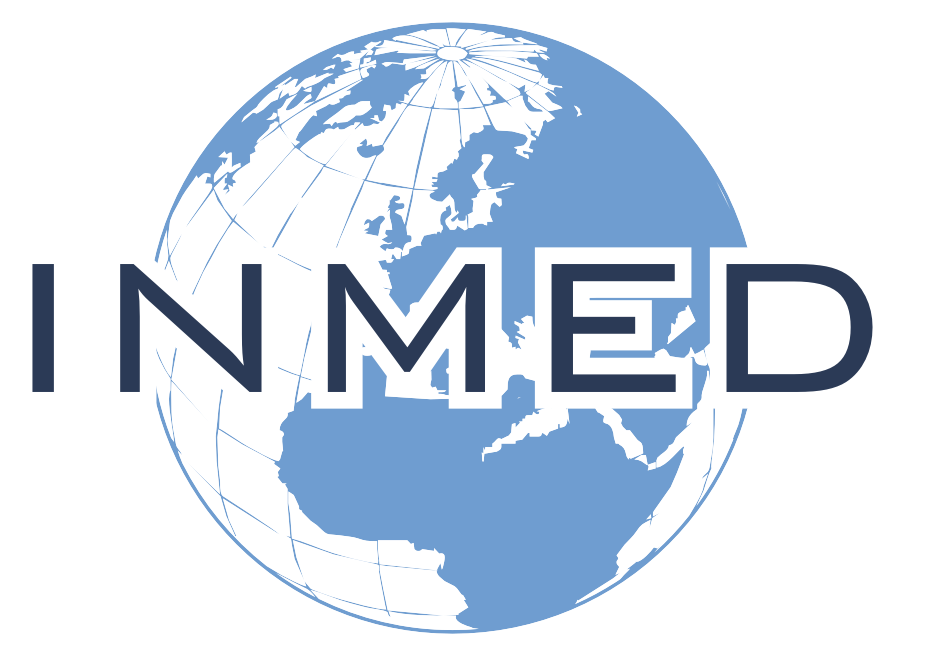Course Information
Many people live on the margins of United States society due to race, language, ethnicity, income, immigration status, and more. The United States is distinct from other developed countries in that there is no single national health care system that provides access for all of its inhabitants. Also notable in the US is the relative lack of attention to social needs that are so vital to health. As a result, marginalized people are frequently unable to access essential health care. This course explores the complex patchwork of ingredients which comprise United States health care systems, with special attention its deficiencies for marginalized people. The profound impact of social determinants of health are examined. Health resources are evaluated. Obstacles to care are identified, along with “work around” solutions commonly used by marginalized people. Existing and potential solutions to the healthcare dilemma for US marginalized people are explored. Course participants are challenged to advocate for a more equitable US health care system. This is a comprehensive course built around the required textbooks “The American Healthcare Paradox” by Elizabeth H. Bradley and Lauren A. Taylor (PublicAffairs, 2013) and “Health Care Off the Books” by Danielle T. Raudenbush (University of California Press, 2020).
At the completion of the Healthcare for Marginalized Americans Course, learners will be able to demonstrate using case-studies and simulation:
- Comprehension of the obstacles and resources which exist for US marginalized people in accessing health care
- Skills to improve the individual care of marginalized people which arise from an approach of cultural humility.
- Effective strategies for addressing the social determinants of health in the lives of marginalized people.
Building upon the lessons below, learners will also critique assigned articles, participate in discussion boards, compose a comprehensive essay on the subject “How shall my nation better prepare against pandemic threats?” and participate in a comprehensive healthcare improvement simulation.
WEEK 1: THE PARADOX AND HISTORICAL PERSPECTIVES
- The “Spend More, Get Less” paradox
- Capitalism, public health, American exceptionalism, imbalance of spending
- The rise of “organized” medicine and opposition to a national health care system
- Contrasts in US health care and social services systems
WEEK 2: FRONT LINE INSIGHTS
- US health care system bears the brunt of an inadequate social services sector
- Front line healthcare personnel are stretched past the limits
- Need for more holistic care widely known and acknowledged
WEEK 3: LEARNING FROM ABROAD AND HOME GROWN INNOVATIONS
- Models for more effective health care systems
- The definition of health differs in the US and Scandinavia
- Rationing of health care is part of both the US and Scandinavian systems
- American creativity in health care technology, organization and financing
- Front line models of inventive, integrated health care
WEEK 4: AN AMERICAN WAY FORWARD AND CONTINUING THE DISCOURSE
- Lessons from neighborhood/ community health centers and HMOs
- Collectively addressing social determinants of health requires a paradigm shift
- American individualism, concepts of health, and massive financial investments
WEEK 5: HEALTH CARE ACCESS IN AMERICA AND THE FORMAL-INFORMAL HYBRID HEALTH CARE SYSTEM AND ACCESS TO CARE IN JACKSON HOMES
- Health disparities abound due to race, income, language, etc.
- Health care “safety net”, emergency rooms, resources outside formal healthcare
- Formal-informal hybrid health care system
- Health care resources available to Jackson Homes
- Obstacles to overcome
- Heterogeneity in access to care
WEEK 6: SICK, POOR AND WITHOUT CARE AND ON THE POOR SIDE OF THINGS
- The emergence of a hybrid system
- Family, friends and the underground economy
- Hybrid systems exist because of the formal system
WEEK 7: THE DOCTOR IS IN
- Intense role conflict for caregivers due to inadequate resources
- Risks of violating usual norms, rules and practices
- Reasons for using (or not) informal assistance to needy patients
WEEK 8: AFTER THE AFFORDABLE CARE ACT AND CONCLUSION
- ACA related improvements and deficiencies for the marginalized
- Persistence of the hybrid health care system
- Cultural humility essential to understanding the hybrid system
The following are the minimum computing requirements for participating in this course. Students must have ready access to and be functionally proficient with:
- A personal computer with an up-to-date operating system and ample memory for downloads
- A web browser, preferably the most up-to-date version of Chrome, Internet Explorer, Firefox, or Safari
- Applications capable of opening Microsoft Word documents and of viewing PDFs
- An Internet connection, preferably high speed
- Capability of viewing YouTube and Vimeo videos
Education Methods
Learners will achieve the course competency objectives through the following educational methods:
- Assigned book and article readings
- Critical analysis
- Group discussions
- Essay Composition
- Simulation exercises
Evaluation Methods & Requirements For Successful Completion
Assessment of the learner’s performance will be based upon:
- Demonstration of the competency objectives using case-studies and simulation
- Completion of all Chapter Discussion Board assignments
- Completion of all Article Discussion Board assignments
- Achievement of ≥ 80% on the Healthcare for Marginalized Americans Essay
- Achievement of ≥ 80% on the Healthcare for Marginalized Americans Final Exam
- Complete evaluation and credit claims forms at the course conclusion.
Continuing Medical Education (CME) credit for the INMED Healthcare for Marginalized Americans Course is attained through satisfactory completion of the course requirements. Note: CME is not applicable to students or resident physicians.
Cost
There is no additional charge for Continuing Medical Education (CME) credit.
Accreditation Statement
Physicians
Institute for International Medicine is accredited by the Kentucky Medical Association to provide continuing medical education for physicians.
The Institute for International Medicine designates this other activity (live course and enduring material) for a maximum of 32 AMA PRA Category 1 Credit(s)™. Physicians should claim only the credit commensurate with the extent of their participation in the activity.
Accreditation Launch Date: February 1, 2024
Accreditation Termination Date: February 1, 2027
Other Healthcare Professionals
A certificate of completion indicating the number of AMA PRA Category 1 Credit(s)™ will be issued for completing this course. Certificates may be submitted to applicable state boards for recognition.
Disclosures
No persons in control of the content of this course have relevant financial relationships with ineligible companies.
| Nicholas Comninellis MD MPH DIMPH | No relevant financial relationships with ineligible companies to disclose |
| Fred Loper MD | No relevant financial relationships with ineligible companies to disclose |
| Timothy Myrick MD DTMH | No relevant financial relationships with ineligible companies to disclose |
| Leda Rivera | No relevant financial relationships with ineligible companies to disclose |
Tuition for the Healthcare for Marginalized Americans Course is $885 for both Master’s degree and non-Master’s degree credit. No additional charge is added for Continuing Medical Education (CME) credit.
The cost of this course offered outside of the United States, including China, may be different to account for local taxes and local regulation compliance.
For more information, please view our Cost page.
Fred Loper, MD



